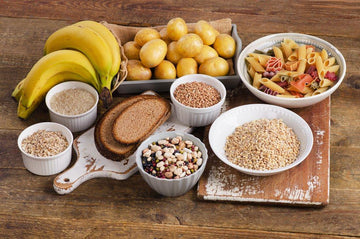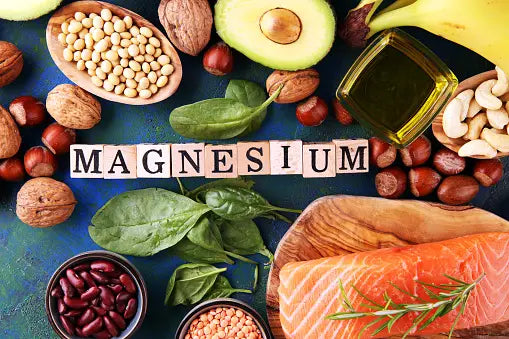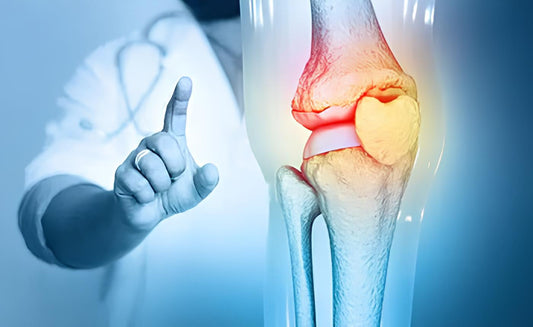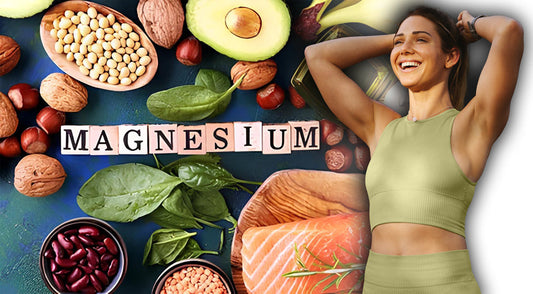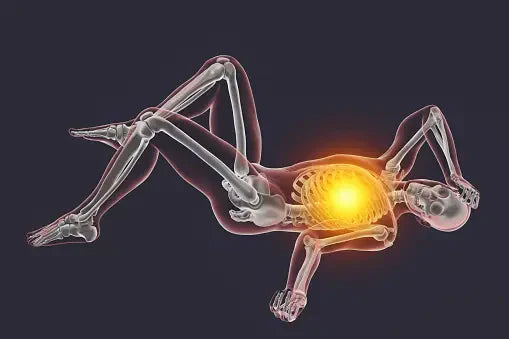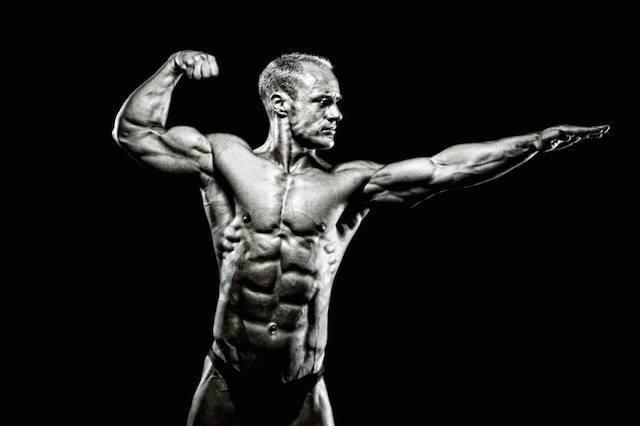

Eat More Calories Per Day But Lose More Fat
Table of Contents
Eat More Calories Per Day But Lose More Fat
Great news for all guys and girls that love protein, a new study published in the Journal of the International Society of Sports Nutrition reported that a high protein diet in conjunction with a resistance exercise program results in greater losses in body fat.
According to the International Society of Sports Nutrition, their Position Stand on Protein states that protein intakes of 1.4 –2.0 g/kg/day for physically active individuals is not only safe but may improve the training adaptations to exercise training. Thus, a ceiling of 2.0 g/kg/ day is considered the gold standard for protein intake for athletic performance. Many bodybuilders and lifters will eat one gram per pound of bodyweight. If you ask most dietitians, they will say that it’s unnecessary to eat that much protein and the requirements are much lower. It should be noted that other investigators have suggested that trained individuals may have a lower requirement for protein due to increased efficiency of use of protein. Accordingly, several studies have shown that strength training, consistent with the anabolic stimulus for protein synthesis it provides, actually increases the efficiency of use of protein, which reduces dietary protein requirement. It’s true that many studies have shown that there is a ceiling effect for protein for gaining muscle mass, but new research has shown that extra protein can help you lose bodyfat.
Researchers compared a normal protein and a high protein diet and its effect on body composition. Seventy-three resistance-trained subjects volunteered for the investigation. Subjects were unequally randomized to a:
– Control (normal protein intake). The control group was instructed to maintain the same dietary and training habits over the course of the study.
-A high protein (HP) group. The subjects in the high-protein diet group were instructed to consume ≥ 3 grams of protein per kg per day (or ≥3g/kg/day).
Participants were otherwise healthy resistance-trained men and women who had been weight training regularly. Individuals in the normal protein group were instructed to maintain the same dietary habits over the course of the study. On the other hand, subjects in the high-protein group were told to consume ≥ 3g protein/kg/d. The extra protein could be obtained from whole food or protein powder.

At the end of the study, both groups saw decreases in body fat mass and body fat percentage and increases in fat-free mass. The high protein group lost an average of 1.6 kg of fat mass with the normal protein group only lost 0.3 kg. Additionally, the high protein group saw a 2.4% decrease in body fat with the standard protein group saw a 0.6% decrease in body fat. This is the first investigation in which a high protein diet in conjunction with a periodized heavy resistance training program was performed; moreover, subjects did not perform any aerobic exercise during the treatment period.

Although the high protein group consumed 350 more kcals per day for protein than the normal protein group, the high protein diet group saw no change in body weight (-0.1 kg) while the normal protein diet group saw an increase in body weight (1.3 kg). The total caloric surplus in the high protein group was 500 calories more per day, with about 80 of those calories coming from carbohydrates (not statistically significant from the normal protein) and about 350 calories extra from protein (this was statistically different), and about 60 calories from fat
This is quite unusual in that the normal protein group was likely already in a hypercaloric state as they increased their body weight, yet the high protein group that consumed even more calories (about 20,000 kcals more over the whole study) did not see an increase in body weight. The high protein group experienced a significantly greater loss of fat mass compared to the normal protein group in spite of the fact that they consumed on average ~400 kcals more per day over the treatment period.
Antonio J, Ellerbroek A, Silver T, Orris S, Scheiner M, Gonzalez A, Peacock
A high protein diet (3.4 g/kg/d) combined with a heavy resistance training program improves body composition in healthy trained men and women–a follow-up investigation. J Int Soc Sports Nutr. 2015 Oct 20;12:39.
MUSCLE MEDIA MAGAZINE FOR MEN
The premier source of training, nutrition, supplements, fat loss and health for men.


